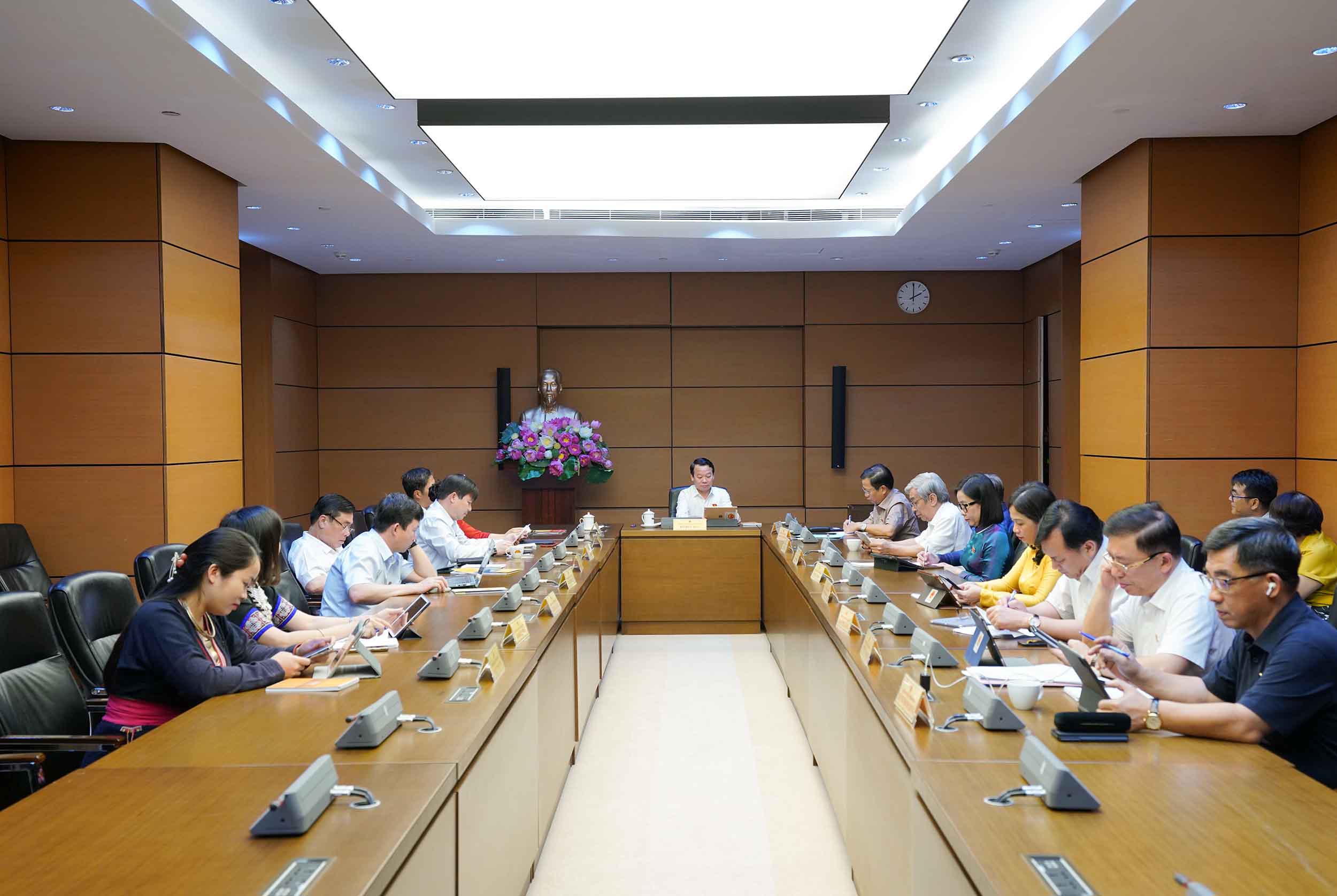
Overview of the meeting
Discussing at the meeting, delegate Do Duc Duy - National Assembly delegation of Yen Bai province highly appreciated the Government in the process of summarizing the Law on Water Resources 2012 and building the draft Law on Water Resources (amended) to submit to the National Assembly at this session. In particular, in addition to inheriting the relevant provisions of the current law, the draft Law has amended and supplemented many new regulations and policies in the direction of approaching international practices on integrated water resources management and in accordance with the practical conditions of Vietnam.
The Draft Law has stipulated the principles of management, protection, exploitation and use of water resources; prevention, control and overcoming of consequences caused by water in Article 4. In particular, it has added provisions on ensuring water security in Clause 9. Delegates said that this provision is a necessary and urgent requirement in the current context, not only countries but also globally must pay attention to and handle non-traditional security issues in general, including water security.
The draft also adds provisions on economic instruments, policies and resources for water resources, and adds provisions related to financial mechanisms to clarify the economic value of water resources in socio-economic development according to market economy principles. Delegates assessed that adding this provision is very necessary to contribute to raising awareness, responsibility and attitudes of organizations and individuals towards water resources, which is one of the most important and valuable resources of the country along with land resources. From there, there will be a scientific and practical mindset and approach to the economic value of water resources as well as the protection, exploitation, use, saving, efficiency, safety and sustainability of water resources, serving socio-economic development and people's lives.
At the same time, these new regulations also contribute to correctly and fully calculating the cost of water resources in the cost of products, goods and services according to market mechanisms to avoid wasting and losing state resources as well as limiting risks for Vietnamese products and goods when integrating into the international market; avoiding being rejected or having to pay additional taxes due to violating regulations on water resource use according to international practices.
Regarding the provisions on basic water resources investigation activities in Article 12, Clause 1 stipulates that “… The results of basic water resources investigations using state budget sources must be appraised and examined by competent state agencies according to the regulations of the Ministry of Natural Resources and Environment .” Delegate Do Duc Duy proposed to replace the phrase “according to the regulations of the Ministry of Natural Resources and Environment” with the phrase “according to the regulations of the Government”. Explaining the above viewpoint, the delegate said that, for the component activities of basic water resources investigation, the water resources investigation and assessment activities have been assigned to the Government for implementation guidance in Clause 4, Article 12, Clause 8, Article 13 of the draft Law. These two clauses have stipulated that the Government provides guidance, therefore, Clause 1, Article 12 stipulates that the Government provides guidance, which is not appropriate.
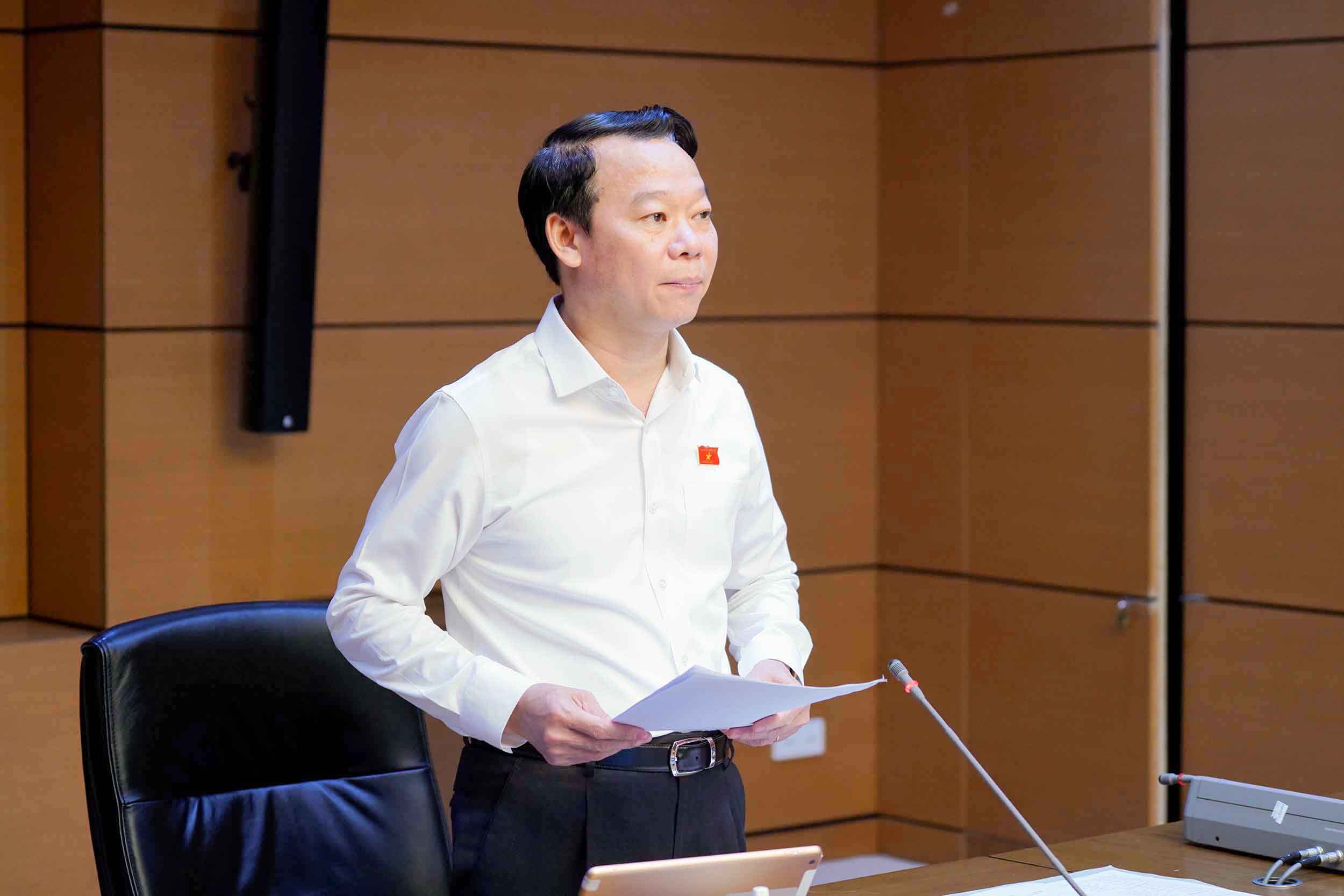
Delegate Do Duc Duy - National Assembly Delegation of Yen Bai province
In addition, expressing agreement with the name of the Law on Water Resources, delegate Phan Viet Luong - National Assembly Delegation of Binh Phuoc province said that this name covers functions, fields, and contents such as management, protection, exploitation, and use of water resources. This name is also basically consistent with many established laws. The delegate said that the draft Law also adds 1 Article on the subjects of application, which stipulates "This Law applies to agencies, organizations, communities, households and individuals who manage, exploit, and use water resources." Meanwhile, there are many contents related to the protection of water resources, so the delegate suggested adding the phrase "protection" to ensure completeness and comprehensiveness.
Regarding Article 3 on the interpretation of terms, delegate Phan Viet Luong proposed to review the phrase "domestic water source" in the direction that domestic water source is water source for direct use or water source that has been treated for domestic purposes to ensure scientificity. The delegate also expressed concern that many contents in the draft Law are assigned to the Government and ministries and branches for detailed regulations. The delegate pointed out that in the draft, there are about 18 articles assigned to the Government, many of which assign the Government to regulate the entire content. With the goal of amending the law for effective application, the delegate proposed to review this issue to avoid the situation of framework law and pipeline law.
In addition, delegate Khang Thi Mao - National Assembly Delegation of Yen Bai province said that according to the World Bank's assessment, the value of water use in Vietnam is very low, 1m3 of water only generates 2.37 USD, about 1/10 of the global average of 19.43 USD. The drainage rate in urban and rural water supply is still high; the rate of inefficient rural water supply works is still large, over 30%. The efficiency of water use for agriculture in Vietnam is still low, reaching 0.2 USD/m3. Water used in agriculture accounts for 81% of the total amount of water exploited and used in Vietnam but only generates 17%-18% of GDP. Therefore, the delegate said that upgrading the efficiency of water resource exploitation and use is extremely necessary. Along with that, there must be tools to measure, evaluate and monitor the efficiency of water resource exploitation and use.
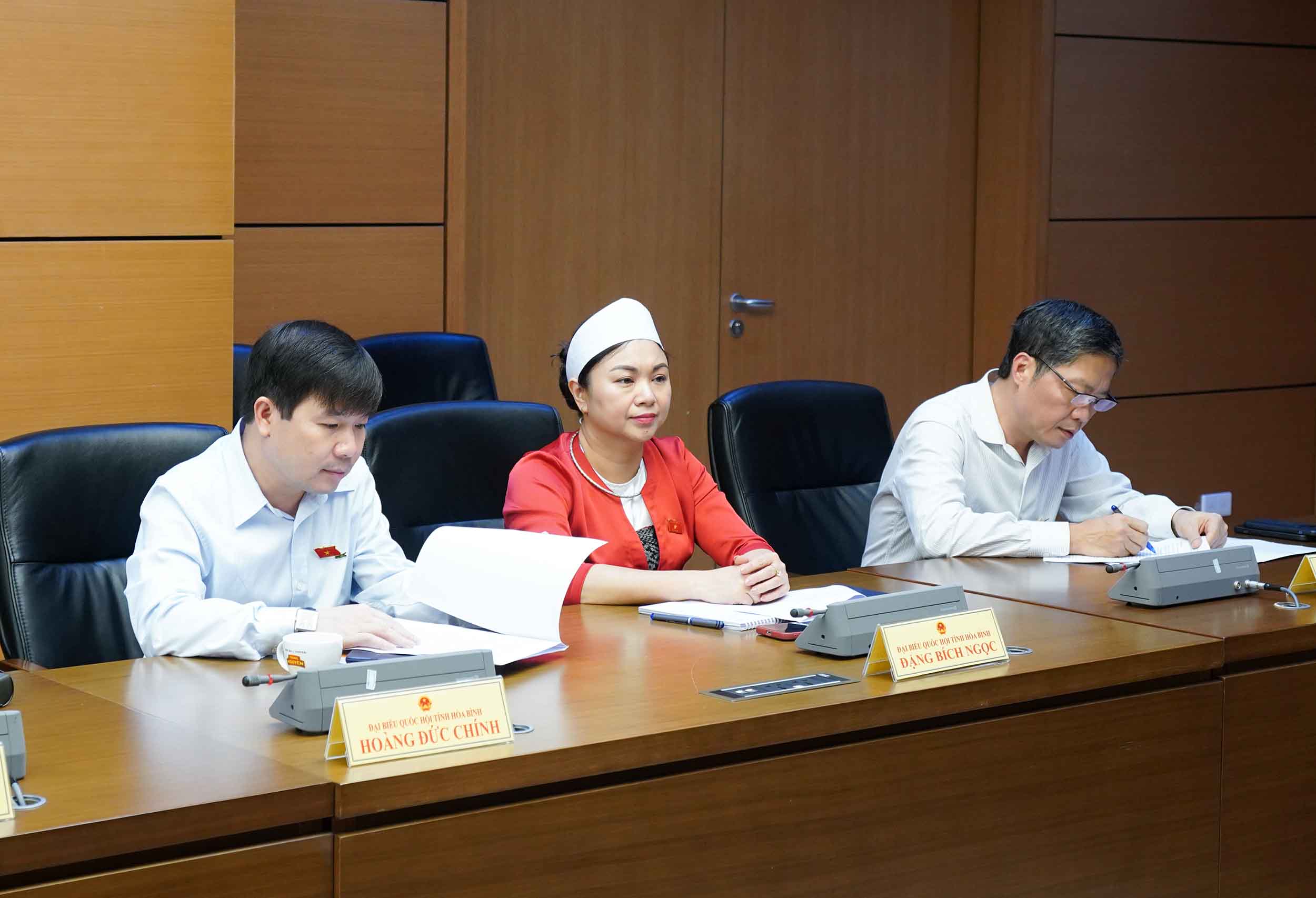
Delegates attending
From the above analysis, the delegates expressed their agreement with the provisions in Article 68 integrating water resources activities of the draft Law. It can be said that this is an important tool to measure the value of water resources and the efficiency of water resource use. This provision has institutionalized the Party's viewpoints, guidelines and policies on fully assessing the value of water resources and improving the efficiency of water use in issued documents. Realizing that this is a technical issue, therefore, to ensure the effectiveness and efficiency of the draft Law, the delegates expressed their agreement with the Government's assignment of detailed regulations and a roadmap for implementation of this content. At the same time, they requested that the drafting agency, in the process of developing detailed regulations, review current legal regulations on statistics as well as related fields to ensure clarity, consistency and efficiency in implementation.
Concerning the issue of water storage, according to the delegate, in addition to the basic task of hydroelectric reservoirs is to generate electricity, ensuring electricity supply for the national power system, it is also necessary to ensure the harmony of economic, social and environmental benefits. Typically, ensuring minimum flow, coordinating with irrigation reservoirs, supplying water for daily life, agriculture and production in the downstream area during the dry season, ensuring the safety of works and contributing to flood reduction in the downstream area during the flood season.
In fact, in recent years, hydroelectric reservoirs have been actively participating in storing and releasing water to meet domestic and irrigation water needs during droughts and water shortages. Therefore, delegates believe that the draft Law needs to clarify whether water storage activities of hydroelectric reservoirs are considered water storage activities that enjoy incentives and support as prescribed in Article 69 or not? In addition, in cases where it is necessary to request the mobilization of hydroelectric reservoirs to store or release water to meet domestic, production, and downstream water needs, which affects the development interests of the unit, it is necessary to study and consider the compensation regime or benefit sharing from organizations and individuals benefiting from the units managing and operating hydroelectric reservoirs to ensure fairness in the exploitation and use of water resources.
At the meeting, National Assembly deputies also gave their opinions on water resource protection and restoration; regulation, distribution, exploitation and use of water resources; economic instruments, policies and resources for water resources and state management responsibilities for water resources. At the same time, they gave their opinions on the draft Law on Credit Institutions (amended)./.
Source




![[Photo] Prime Minister Pham Minh Chinh chairs the 14th meeting of the Steering Committee on IUU](https://vphoto.vietnam.vn/thumb/1200x675/vietnam/resource/IMAGE/2025/9/23/a5244e94b6dd49b3b52bbb92201c6986)

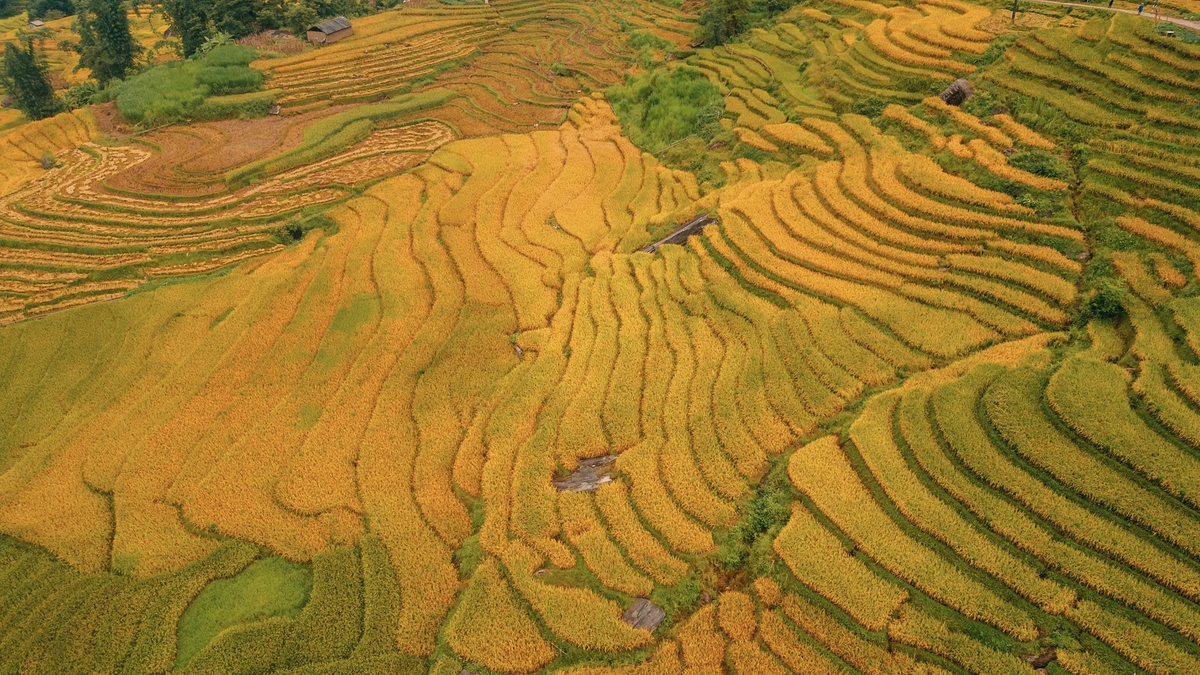
![[Photo] Editor-in-Chief of Nhan Dan Newspaper Le Quoc Minh received the working delegation of Pasaxon Newspaper](https://vphoto.vietnam.vn/thumb/1200x675/vietnam/resource/IMAGE/2025/9/23/da79369d8d2849318c3fe8e792f4ce16)
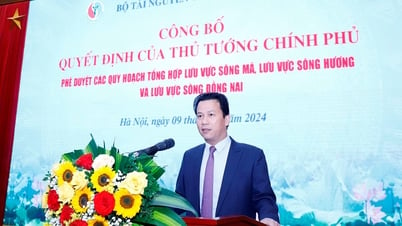
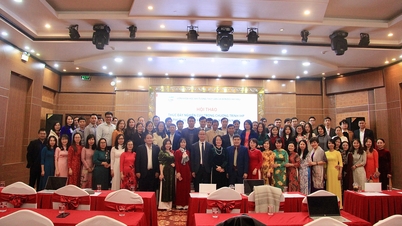
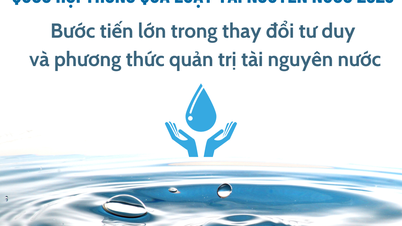

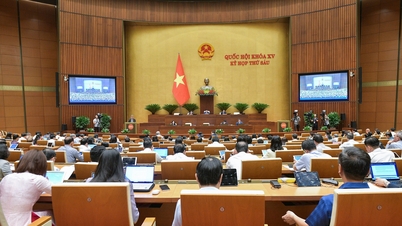
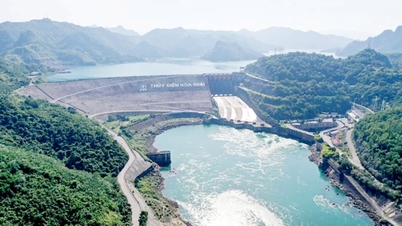
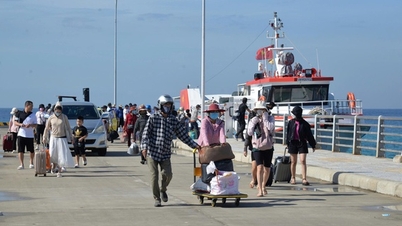


















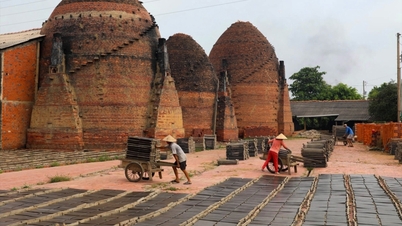























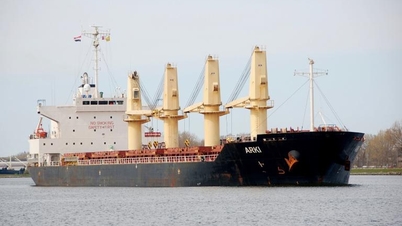




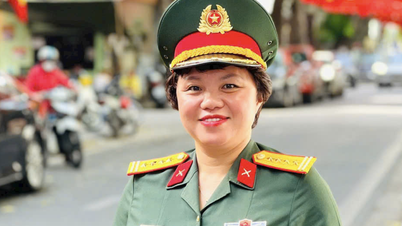





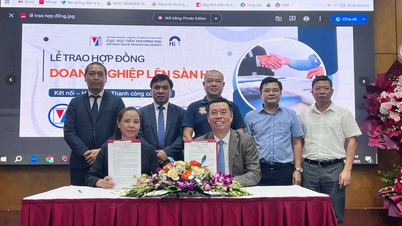


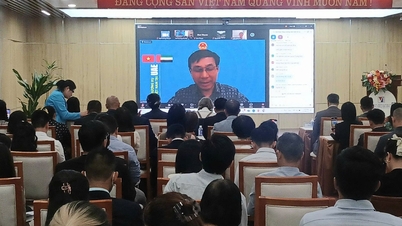



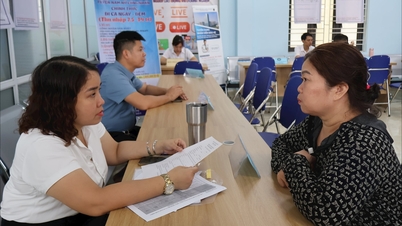


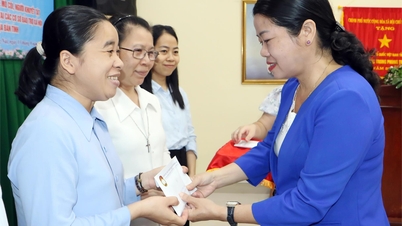



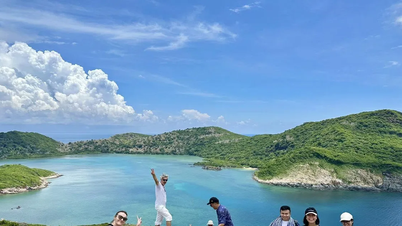





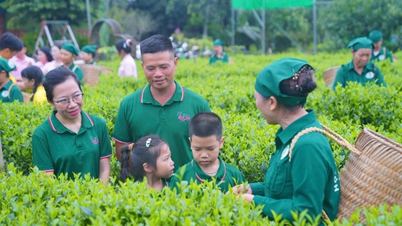


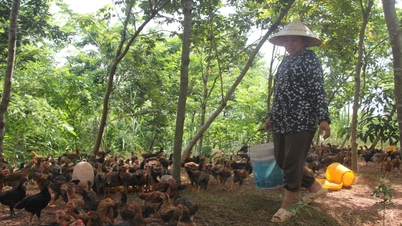
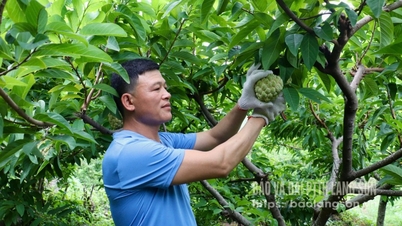

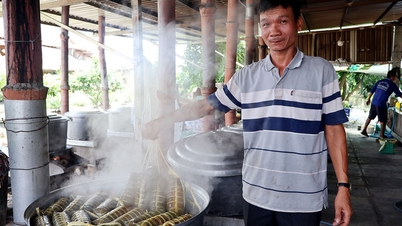






Comment (0)